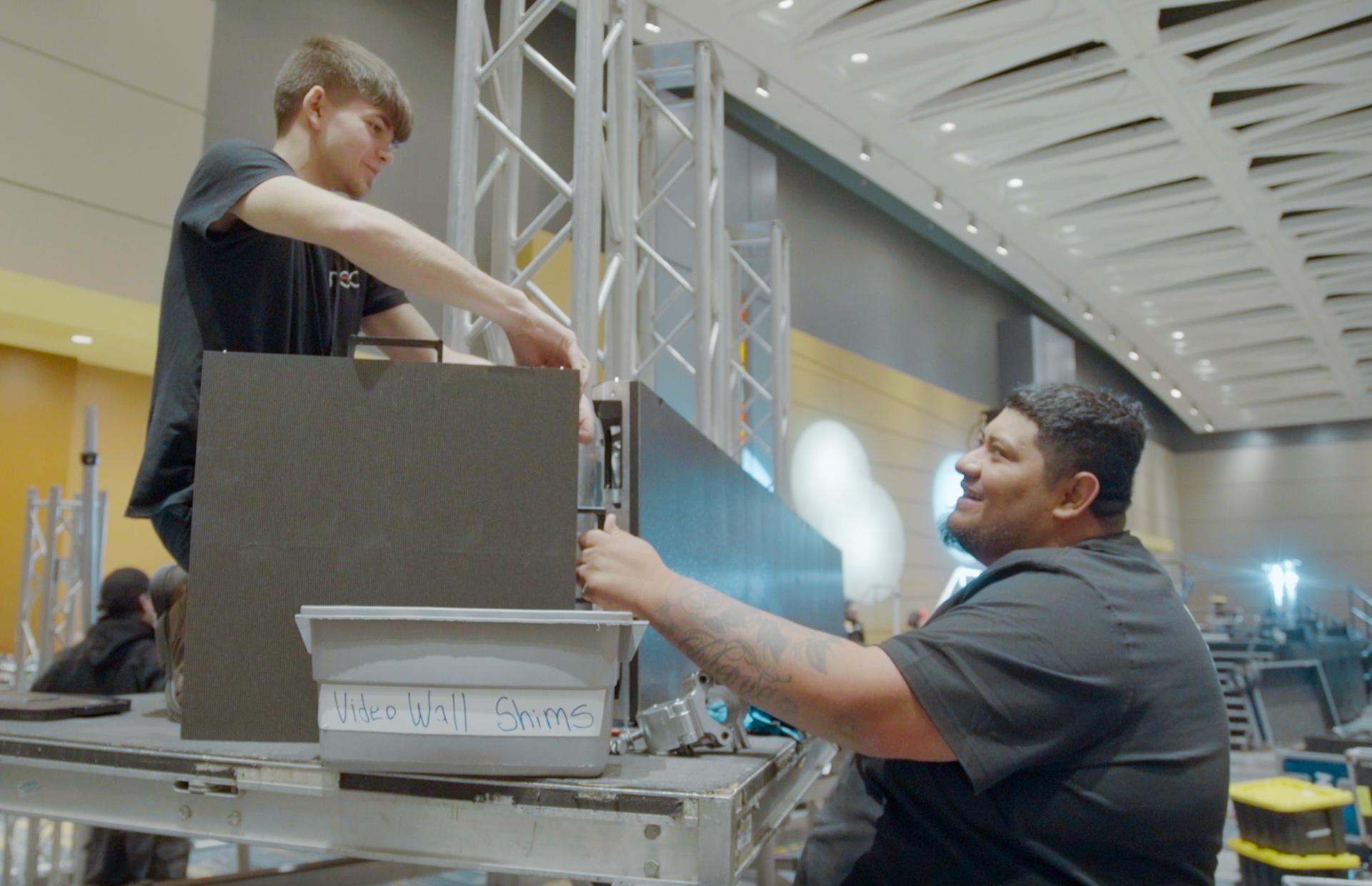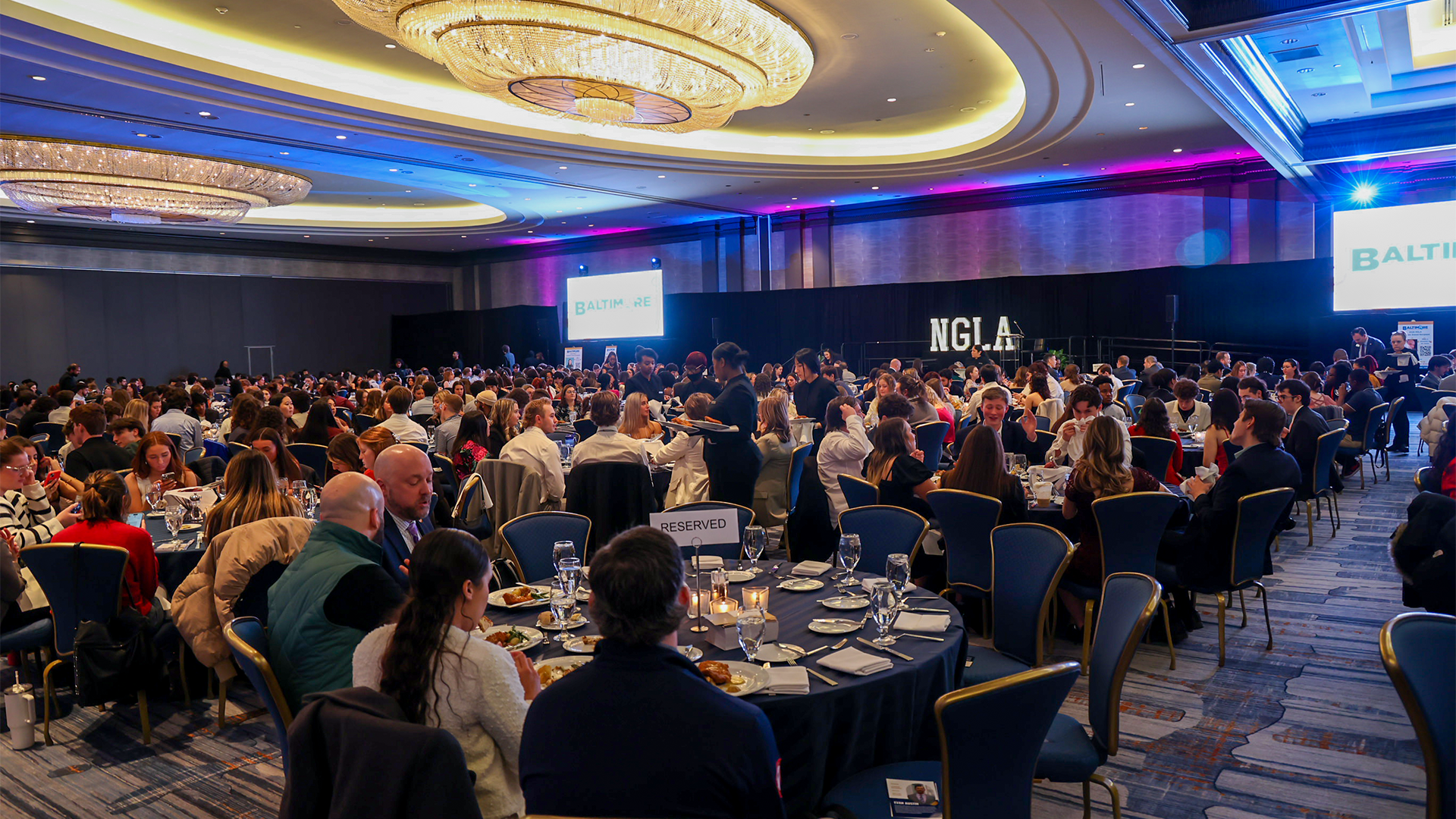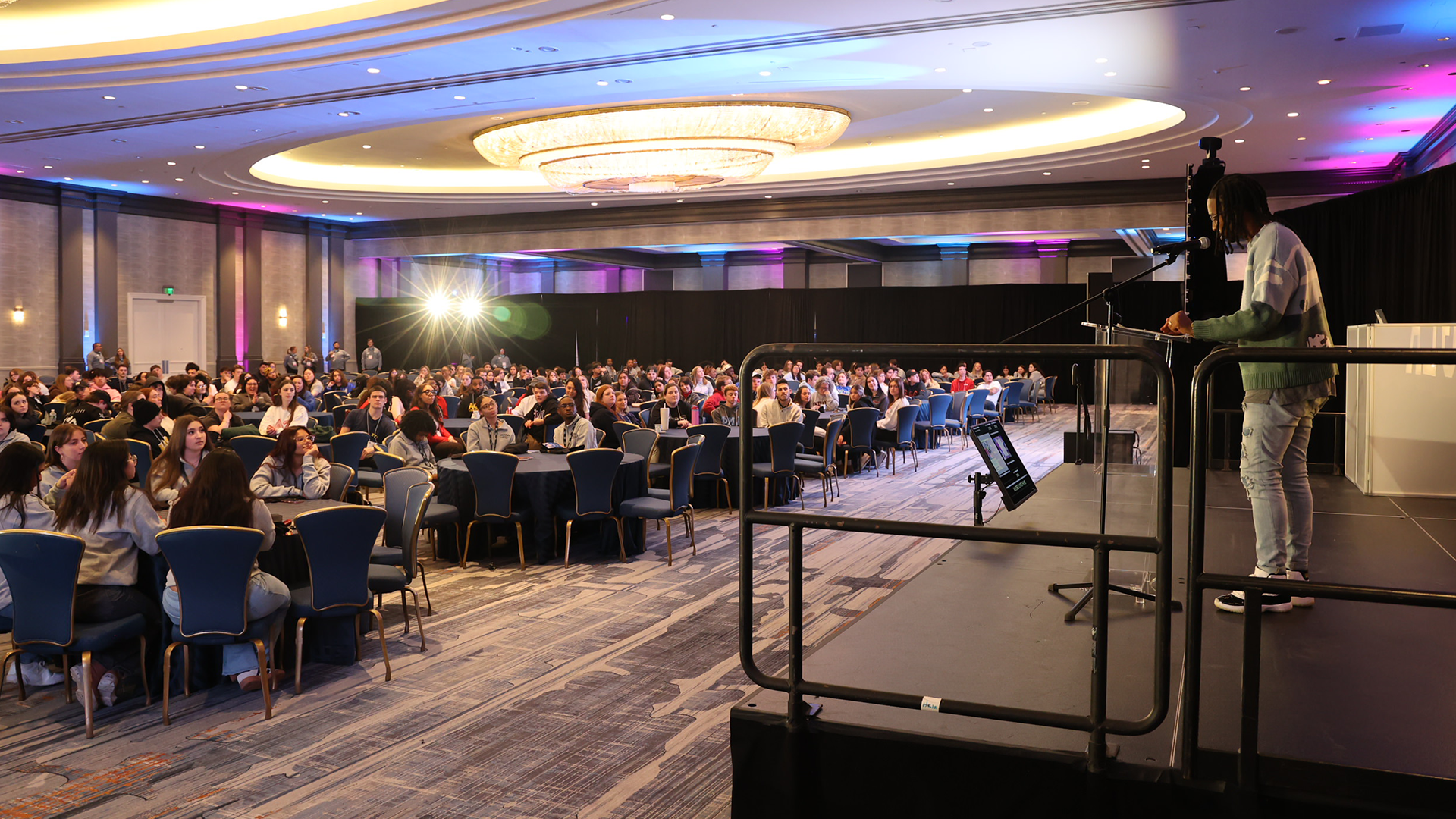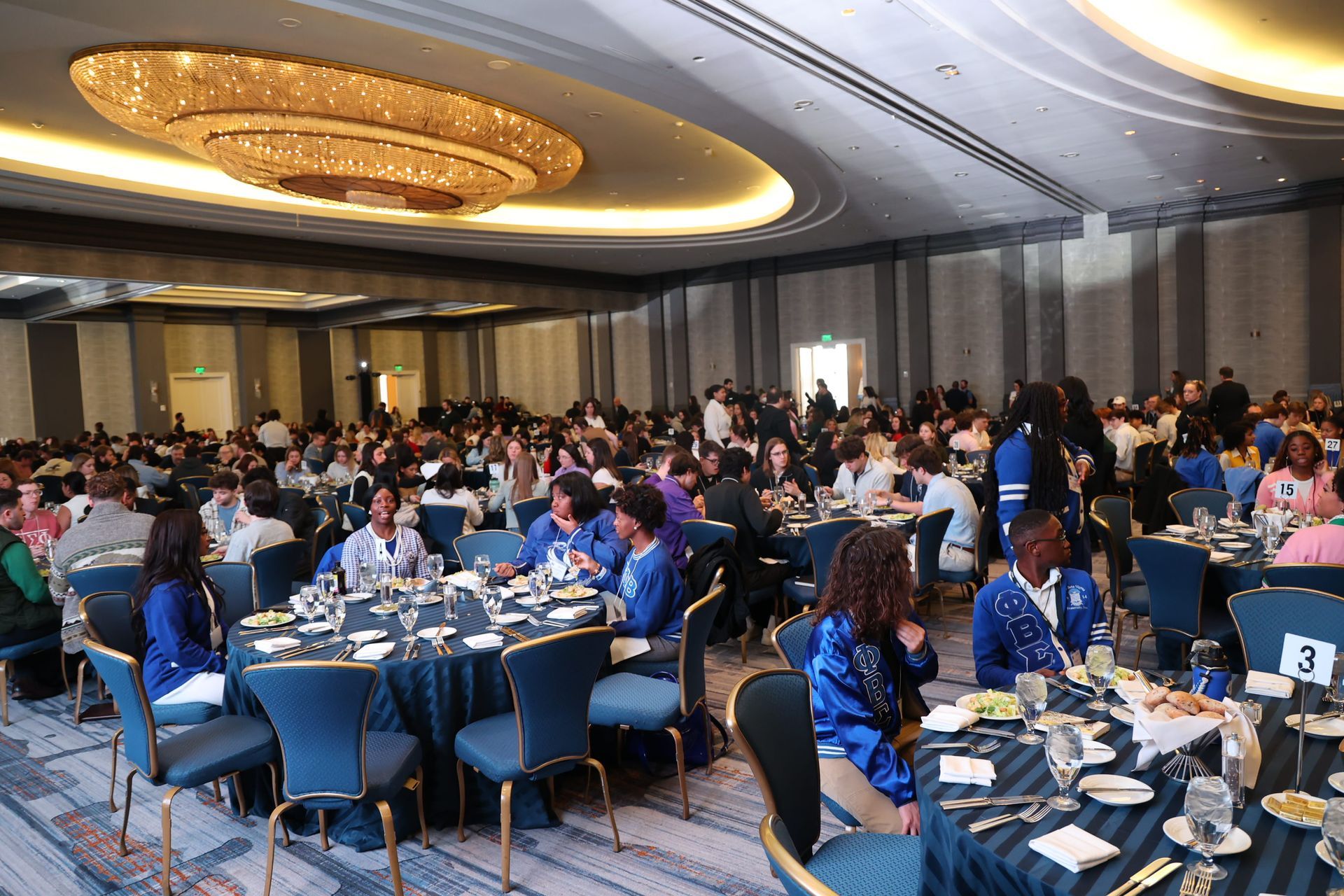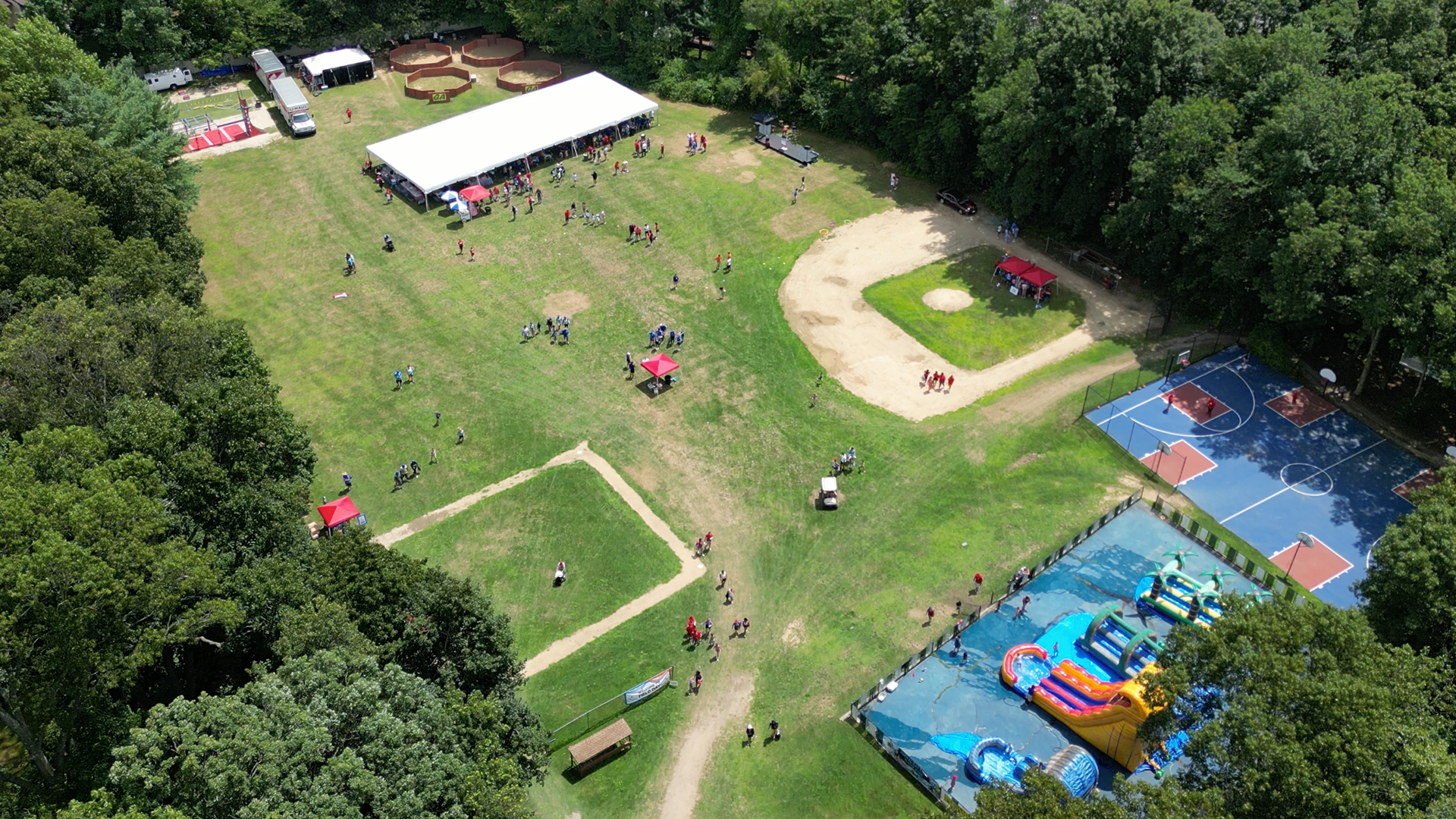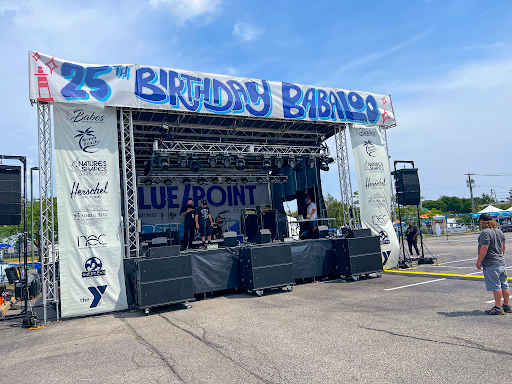Catering Hall Collaboration: Top Strategies for Venue-Vendor Relationships
Top strategies for seamless vendor collaboration and event execution at your venue.
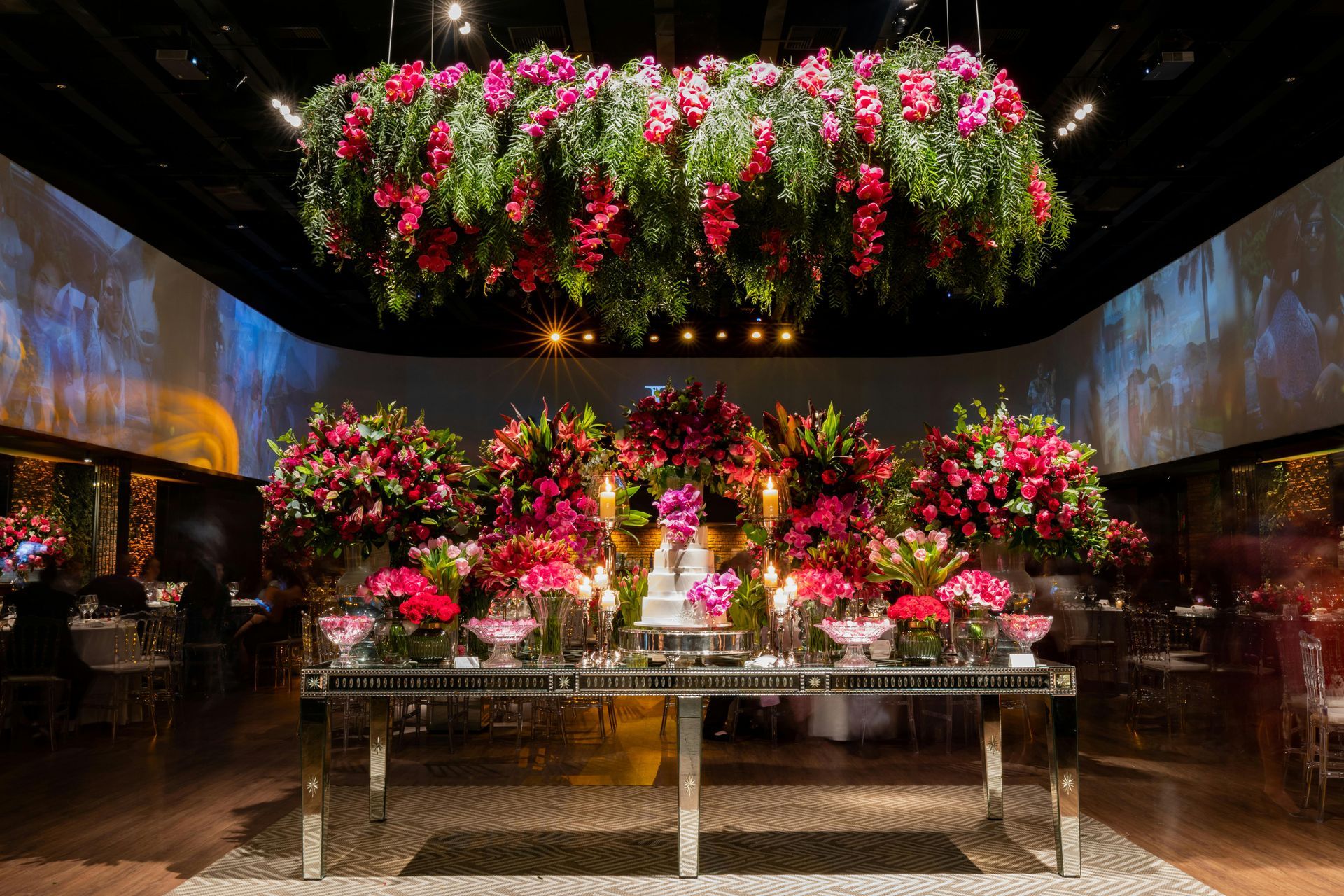
Identifying Your Venue's Needs and Goals
Understanding your venue's specific needs and goals is a crucial first step in building successful vendor collaborations. Begin by analyzing the types of events your venue typically hosts—whether weddings, corporate seminars, or social gatherings. This analysis will help you identify which services are most frequently requested and which vendors can best complement these events. Take into account the strengths and unique features of your venue and consider how vendors can enhance these aspects. For example, if your venue is known for its scenic outdoor space, collaborating with top-notch floral designers and lighting experts can accentuate this feature.
Additionally, consider client feedback and past event experiences to pinpoint areas where vendor partnerships can improve service delivery. Keep an eye on emerging trends in the event industry to ensure your vendor list remains relevant and competitive. It's also beneficial to assess your venue’s logistical needs, such as furniture inventory, audiovisual requirements, and space configurations, to ensure that chosen vendors can meet these demands seamlessly. By thoroughly understanding your venue's needs and goals, you can select vendors who not only align with your vision but also contribute to an exceptional client experience.
Researching and Vetting Potential Vendors
To ensure that your venue collaborates with the best vendors, thorough research and vetting are crucial. Begin by identifying vendors who have a solid reputation and experience in the event industry. Utilize online platforms and industry directories to compile a list of potential vendors. Pay close attention to online reviews and ratings to gauge the satisfaction levels of their previous clients. Another great strategy is to network with the outside vendors that your clients bring into your venue for their events. If your client trusts them enough to book with them, it's worth learning more about them by speaking to them on site and asking for a business card.
Next, request catalogs from vendors to get an outline of their capabilities. It can help to speak with other venue managers or industry professionals to get their recommendations and insights on that vendor's strengths and weaknesses. Attend trade shows, networking events, or other industry gatherings to meet vendors in person and observe their products or services.
Once you have a shortlist, invite vendors to your venue for a site visit. This allows you to discuss your needs and expectations in detail and assess how well they understand your vision. During these meetings, evaluate their professionalism, responsiveness, and willingness to collaborate.
It's incredibly beneficial to observe vendors at work during events they are servicing. This provides valuable insight into their efficiency, adaptability, and interaction with clients and other vendors. Assess their ability to handle potential challenges and their commitment to delivering high-quality service.
Finally, review their pricing structures and contract terms to ensure they align with the average budget of your clients. By taking these steps, you can confidently select vendors who will enhance your venue's reputation and client experience.
Building Long-Term Relationships with Vendors
Fostering long-term relationships with vendors can lead to numerous benefits, including better pricing, priority service, and seamless cooperation. Start by engaging in transparent discussions about mutual goals and expectations. Honesty and clear communication build trust and establish a solid foundation for collaboration. Consider offering exclusivity agreements or creating a preferred vendor list. These agreements can incentivize vendors to prioritize your venue, sending their own clients undecided on a venue your way. The resulting repetition of events with the same trusted vendors will also foster a positive working relationship between your vendors and your staff, which leads to better communication and higher quality service during events at your location.
Regularly engaging with vendors beyond transactional interactions can also strengthen relationships. Host appreciation events or networking gatherings to show your vendors that you value their partnership. These social interactions create a sense of community and loyalty, encouraging vendors to go the extra mile for your venue.
Additionally, involve vendors in planning and brainstorming sessions for upcoming events. This not only makes them feel valued but also allows them to contribute their expertise and insights, enhancing the overall event quality.
Provide consistent and constructive feedback, focusing on both strengths and areas for improvement. Recognize and celebrate their successes to boost morale and motivation.
Lastly, be mindful of their business needs and challenges. Offering flexibility when possible and being understanding during peak times or unforeseen issues can foster a reciprocal sense of support. An example of flexibility can be allowing extremely large events to be set up the day before if the rooms aren't being used until that event. This mutual respect and cooperation lay the groundwork for enduring, fruitful partnerships.
Streamlining Logistics and Operations
To streamline logistics and operations, start by creating detailed timelines and operational checklists in collaboration with your vendors. Clearly outline load-in and load-out schedules, ensuring that all parties are aware of key event milestones. Utilize digital project management tools to keep everyone on the same page and update any changes in real-time.
Coordinate closely on space requirements, equipment needs, floor plans, and specific venue constraints. Establish a single point of contact for each vendor to avoid miscommunication and ensure that any issues can be swiftly addressed. Conduct site visits and walkthroughs with vendors prior to events to confirm logistics and identify potential challenges.
Repeated work with vendors will naturally standardize procedures for commonly occurring tasks, such as setting up audiovisual equipment or arranging seating. These protocols help vendors integrate seamlessly into your venue’s operations. Additionally, create contingency plans for unforeseen circumstances, such as inclement weather or electricity malfunctions, to ensure a swift and effective response.
Regularly review and refine these processes based on feedback from vendors and your staff. By fostering an organized and proactive approach, you enhance operational efficiency and create a more harmonious working environment for everyone involved.
Encouraging Open Communication and Feedback
Effective communication and continuous feedback loops are essential to maintaining strong vendor relationships. Schedule regular check-ins with your vendors to discuss ongoing projects, upcoming events, and any issues that may arise. Utilize these meetings to review what’s working well and identify areas for improvement. Create an open-door policy where vendors feel comfortable sharing their thoughts and concerns without fear of repercussions. This fosters a culture of transparency and mutual respect.
Use digital tools like project management software to streamline communication, making it easier to share updates and track progress. Encourage vendors to provide feedback on your venue’s processes and operations as well. Their insights can be invaluable in fine-tuning logistics and enhancing service delivery. Additionally, consider establishing a formal feedback system, such as surveys or performance reviews, to gather structured input from your vendors.
Recognizing and acting on vendor feedback shows that you value their contributions and are committed to continuous improvement. This collaborative approach not only strengthens the vendor-venue relationship but also helps in delivering a superior client experience. Make it a point to celebrate successes and acknowledge vendors' efforts, reinforcing a positive and productive working environment.
Coordinating Joint Marketing and Promotion Efforts
Coordinating joint marketing and promotion efforts with your vendors can significantly enhance your event venue's visibility and appeal. One effective strategy is to collaborate on social media campaigns, where both parties share each other's content, tag one another, and cross-promote upcoming events. This not only broadens your audience but also reinforces the partnership's credibility.
Another approach is to co-host open houses or showcase events where potential clients can experience your venue and meet the vendors you recommend. These events serve as a live portfolio, demonstrating the quality of services your collaborative team can provide. Additionally, consider featuring vendor spotlights in your newsletters or blogs, highlighting their unique offerings and past successful collaborations with your venue.
Participating in joint advertising campaigns, such as shared print ads, digital marketing initiatives, or even sponsored content, can also be highly effective. These campaigns allow for cost-sharing and can reach a more extensive audience than individual efforts.
Moreover, create a shared portfolio of high-quality images and videos from past events to use in marketing materials. This visual content can be incredibly compelling when showcased on both your and your vendors' websites and social media channels.
Finally, leverage testimonials and reviews from satisfied clients who have benefited from your collaborative efforts. Authentic, positive feedback can significantly influence potential clients' decisions, highlighting the strength and reliability of your vendor partnerships.
Ensuring Consistent Quality and Service Standards
Maintaining consistent quality and service standards with your vendors is vital for upholding your event venue's reputation. Begin by establishing clear expectations and providing detailed guidelines that outline your quality standards. Consider conducting periodic training sessions to align vendors with your service protocols and enhance their understanding of your venue's specific requirements. Regular performance evaluations are key to ensuring that vendors meet these expectations. Utilize client feedback, staff observations, and performance metrics to assess vendor service levels. Address any inconsistencies promptly with constructive feedback and actionable steps for improvement. Establish a quality assurance program that includes random spot checks during events to monitor vendor performance in real-time. Encourage vendors to participate in continuous improvement initiatives and offer incentives for those who consistently exceed expectations. Foster a culture of excellence by recognizing and celebrating high-performing vendors. By committing to these practices, you can ensure that your vendors contribute to a seamless, high-quality experience for every event at your venue.
Let's Connect!
If you're looking to learn more about effective strategies for venue to vendor collaboration, feel free to reach out and speak with one of our experienced event professionals!
Contact Us
